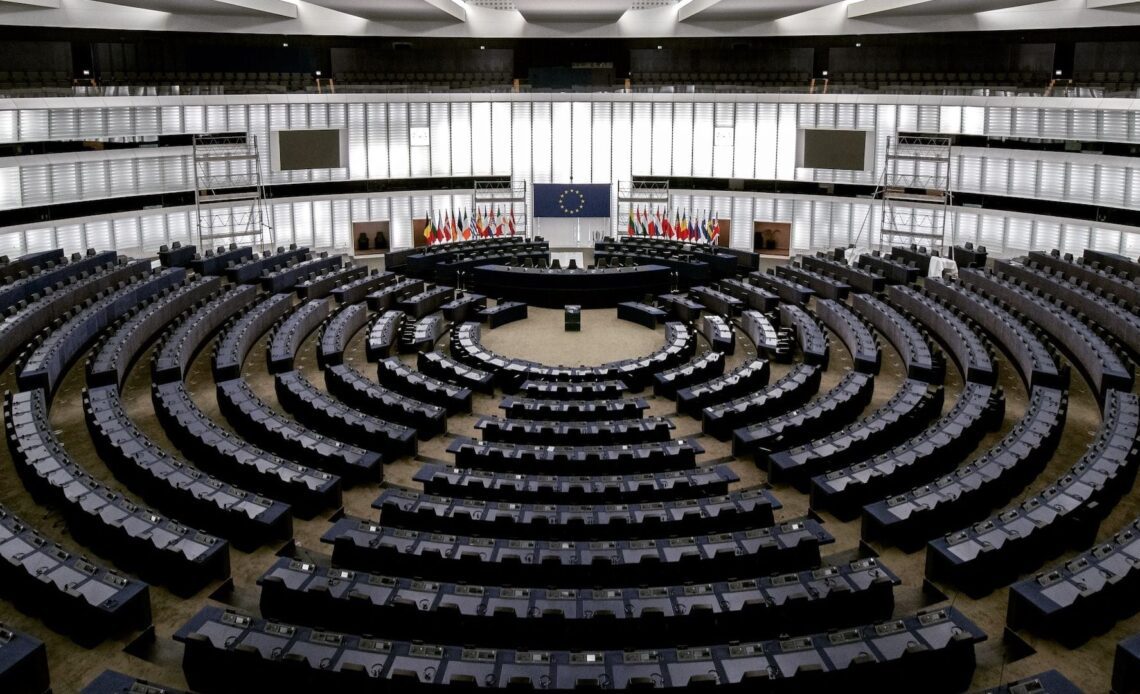Crypto industry participants worry that new anti-money laundering rules agreed to by European Union policymakers are more stringent than measures that apply to more traditional financial institutions.
EU policymakers struck a deal this week on a comprehensive anti-money laundering regulatory framework, which includes strict requirements for crypto firms.
Under the agreed provisions, service providers will have to comply with stringent customer verification requirements, as well as take measures to mitigate the risks of transactions involving self-hosted wallets and cross-border transfers.
While the stated objective was to level the playing field by applying the same rules for crypto firms and financial institutions, some in the industry worry policymakers’ insistence that digital asset firms are subject to the same money-laundering checks as other financial institutions might be a tad light on truth.
“Despite the enthusiastic press statements of the co-legislators about this agreement, a level-playing field has not been created, as the thresholds for [crypto asset service providers] and other financial institutions are not equal,” said Robert Kopitsch, secretary-general at the industry advocacy group Blockchain for Europe.
The EU crypto industry also lobbied pretty hard during the legislative session to keep non-fungible tokens (NFT) and decentralized finance (DeFi) out of the package’s scope, and may have even managed to – at least temporarily – prevent r restrictions on privacy-enhancing tools, CoinDesk was told.
The AMLR
The EU made history last year when it finalized the first comprehensive regulatory framework for crypto by a major jurisdiction. Alongside its landmark Markets in Crypto Assets (MiCA) regulation, the bloc also set in place rules for gathering information on crypto transfers (TFR) as part of a much larger Anti-Money Laundering Regulation (AMLR).
The AMLR is a broad-stroke effort by the bloc of 27 European states to combat illicit fund flows and sanctions evasion. It targets everything from jewelry and luxury cars to big football…
Click Here to Read the Full Original Article at Cryptocurrencies Feed…
























